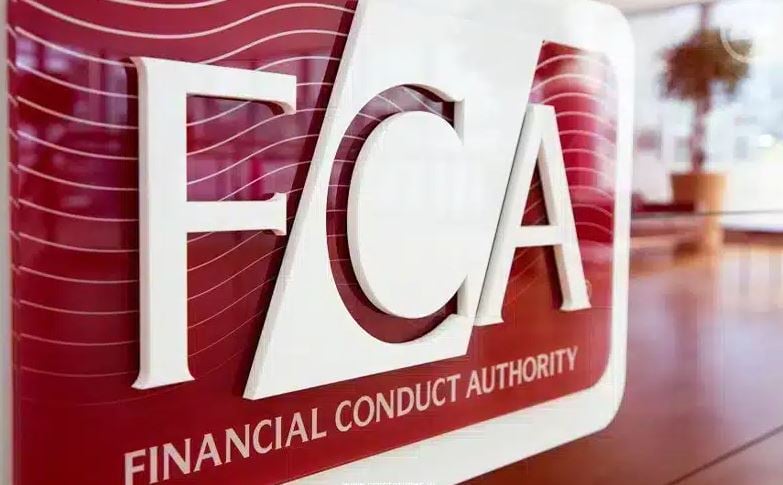FCA Warns on High-Risk Mini-Bonds and Loan Notes


Britain’s financial regulator has sounded the alarm over a surge in high-risk investments being sold by firms outside its remit, warning savers that glossy promotions often hide fragile or non-existent businesses.
The Financial Conduct Authority (FCA) said on Friday it is “concerned people are being encouraged to invest in high-risk schemes offered by unregulated firms without appreciating the risks involved.”
Many operators rely on legal exemptions that allow them to market certain products without being fully authorised. That means investors may have little recourse if things unravel: no complaint to the Financial Ombudsman Service and no payout from the Financial Services Compensation Scheme.
The watchdog pointed to unlisted loan notes and so-called mini-bonds, a sector that has repeatedly burned UK retail investors. These instruments are typically used to finance property projects, with investors lending money through a third party in return for a promised fixed yield. The FCA warned that such products “can be particularly high” risk and are generally only suitable for experienced investors able to assess a developer’s repayment prospects.
In recent years, mini-bond scandals have become a recurring headache. London Capital & Finance collapsed in 2019 later than raising more than £230 million, later ruled by the High Court to have been a Ponzi scheme. Blackmore Bond failed in 2020 with about £45 million of investor cash, sparking years of disputes over the FCA’s oversight. Both cases highlighted how marketing materials promising steady returns often disguised speculative or hopeless ventures.
Following those collapses, the FCA permanently banned mass marketing of speculative mini-bonds to retail investors in 2020. New rules in 2022 introduced stricter can still be promoted under the “restricted mass market” label, but only with prominent risk warnings, cooling-off checks and limits on how much individuals can put in. Others remain barred from being marketed to the public.
Still, firms continue to find ways to reach retail money. Promoters lean on carve-outs in the Financial Promotion Order that let them . Potential backers can tick a box declaring themselves wealthy or experienced, even if that is not strictly true. The FCA urged people to think carefully before self-certifying, warning that doing so strips away consumer protections.
The regulator said promotions increasingly flow through social media influencers, slick online ads and aggressive telephone campaigns. In some cases, introducers take a fee directly from the investment sum. The promise of double-digit yields is the hook. The reality, the FCA warned, is that behind “glossy promotional and eye-catching brochures can sit high risk, opaque or even non-existent enterprises.”
The statement carries some practical advice. Investors should always check the FCA Register to view if a firm is authorised, compare promised returns against mainstream products like savings bonds, and spread investments to avoid heavy losses from a single bet. As a rule of thumb, the FCA suggests capping exposure to high-risk products at no more than 10% of a portfolio.
The latest juggle two competing pressures: encouraging capital for productive ventures while protecting retail savers from another wave of scandals. With mini-bond failures still fresh in the public memory, the FCA is again telling investors: if it looks too excellent to be true, it usually is.







